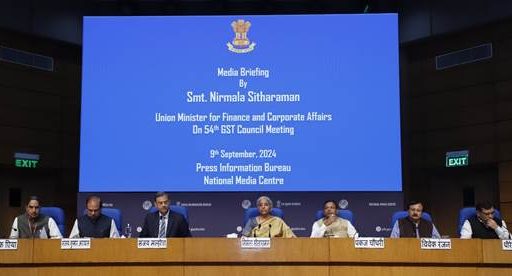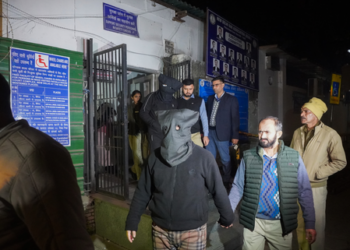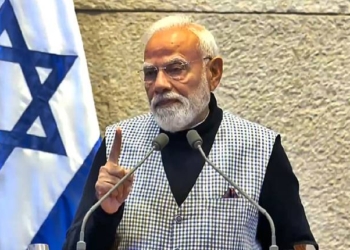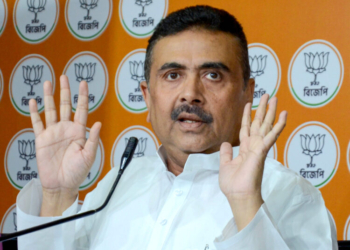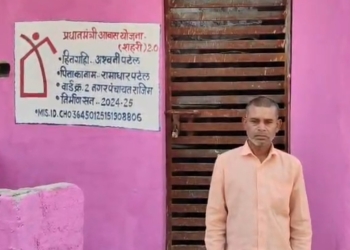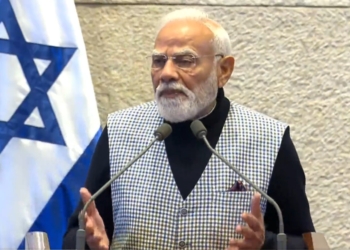New Delhi: The industry experts on Monday welcomed some significant resolutions announced during the 54th GST Council meeting chaired by Finance Minister Nirmala Sitharaman.
They said that Group of Ministers’ (GoM) recommendation by end of October on the GST rate for health and life insurance will be the one to watch closely.
“Specific sectors like automobile, etc. would keenly look forward to the decision on compensation cess and its fate. Another notable development is the proposed B2C e-invoicing, which, although voluntary, will be significant. It will be crucial to observe how businesses prepare for this change,” said Abhishek Jain, National Head-Indirect Tax, KPMG in India.
GoM on life and health insurance related GST with existing GoM on rate rationalisation are set to submit the report by end of October. The Council also recommended formation of a GoM to study the future of compensation cess.
Finance Minister confirmed the extension of the GST Compensation Cess until March 2026, stating that the loan and interest dues on borrowings made to compensate states during the COVID period will likely be cleared by January 2026.
To assess the future of the Compensation Cess after March 2026, the Council agreed to form a GoM that will evaluate each state’s claims and decide on the next steps.
According to Krishan Arora, Partner and Leader, Indirect Taxes at Grant Thornton Bharat, while some industry concerns were addressed, more decisions are expected at the next GST Council meeting scheduled to be held in Goa on September 23.
“The India Inc is looking forward to discussions on a range of measures, including provisions proposed in the budget, long-pending clarifications on GST rates for insurance premiums, and GST on online payments and payment aggregators,” he added.
Ranjeet Mahtani, Partner, Dhruva Advisors, said that even while the tax department authorities have served show-cause notices to payment aggregators, demanding GST on transactions below Rs 2,000 routed through payment aggregators, the matter was not deliberated upon, leaving the matter in the hand of the adjudicators.
“On the other hand, despite having notices, research institutes and universities will be relieved to know of the recommendation to exempt them from GST on grants,” he said.
(IANS)




